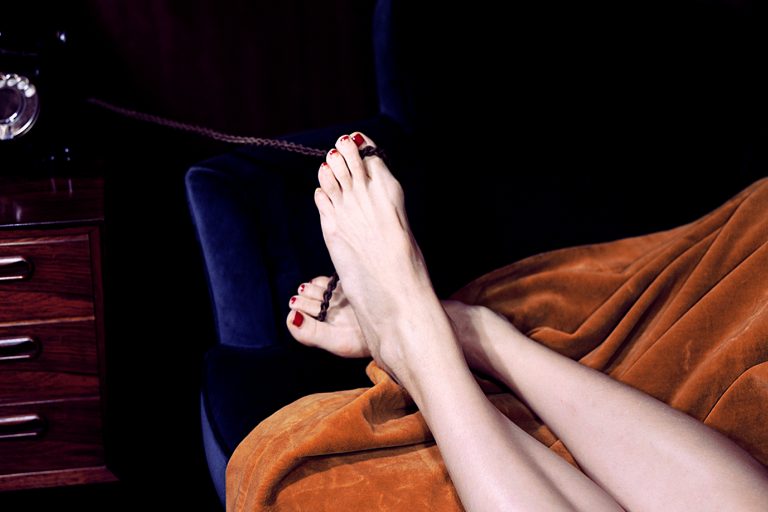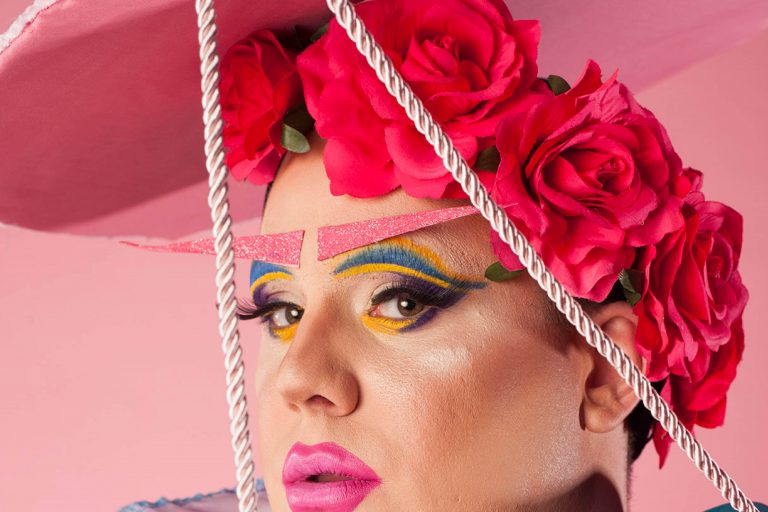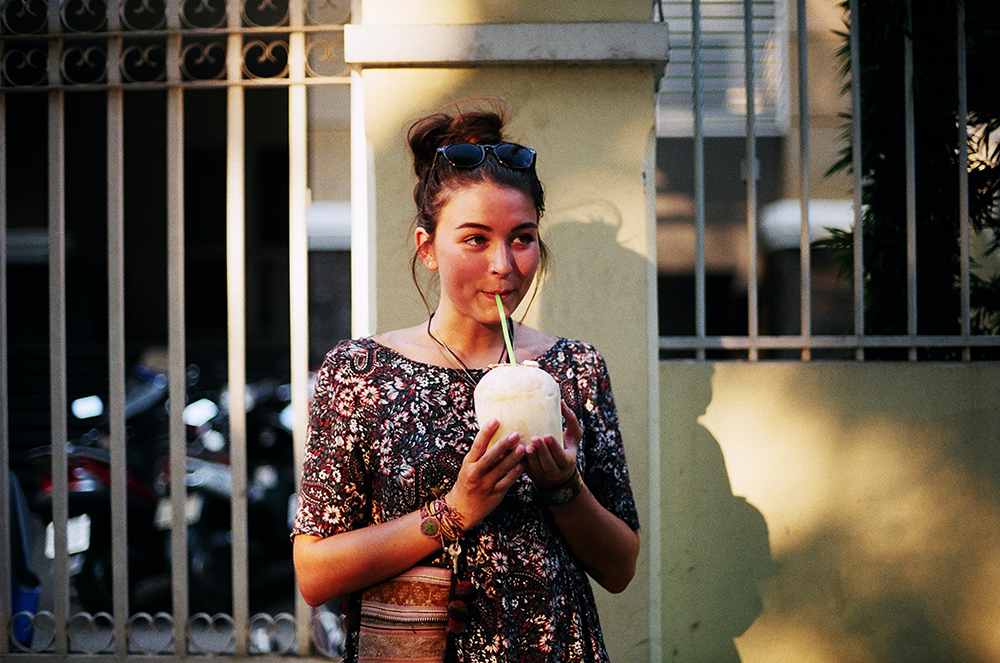
Meet the team: Hollie Fernando
The Issue Three photographer talks to us about creating a distinct style as a freelancer
When Hollie Myles (our photography editor) and I were researching for the Insta-gratification feature in Issue Three we wanted to find a range of striking photographers who had seemingly mastered the medium. As we were interested in the ways these people utilised the platform in their professions, we wanted a range in terms of followers. At the time of publishing, Hollie Fernando had amassed four thousand followers, it’s now more than five thousand and there seems little chance of the pace slowing.
It’s easy to see why, her work has a beautiful, dreamy vibe to it, awash with wanderlust and adventure. Her ability to construct and capture moments makes her a rare commodity in that she can apply that feel to pretty much anything she’s tasked with. It’s a type of work that many young photographers try to master, but few truly get hold of.
Keen to try and understand what makes her so good at what she does, I caught up with Hollie earlier this week and we discussed her photographic journey to date.
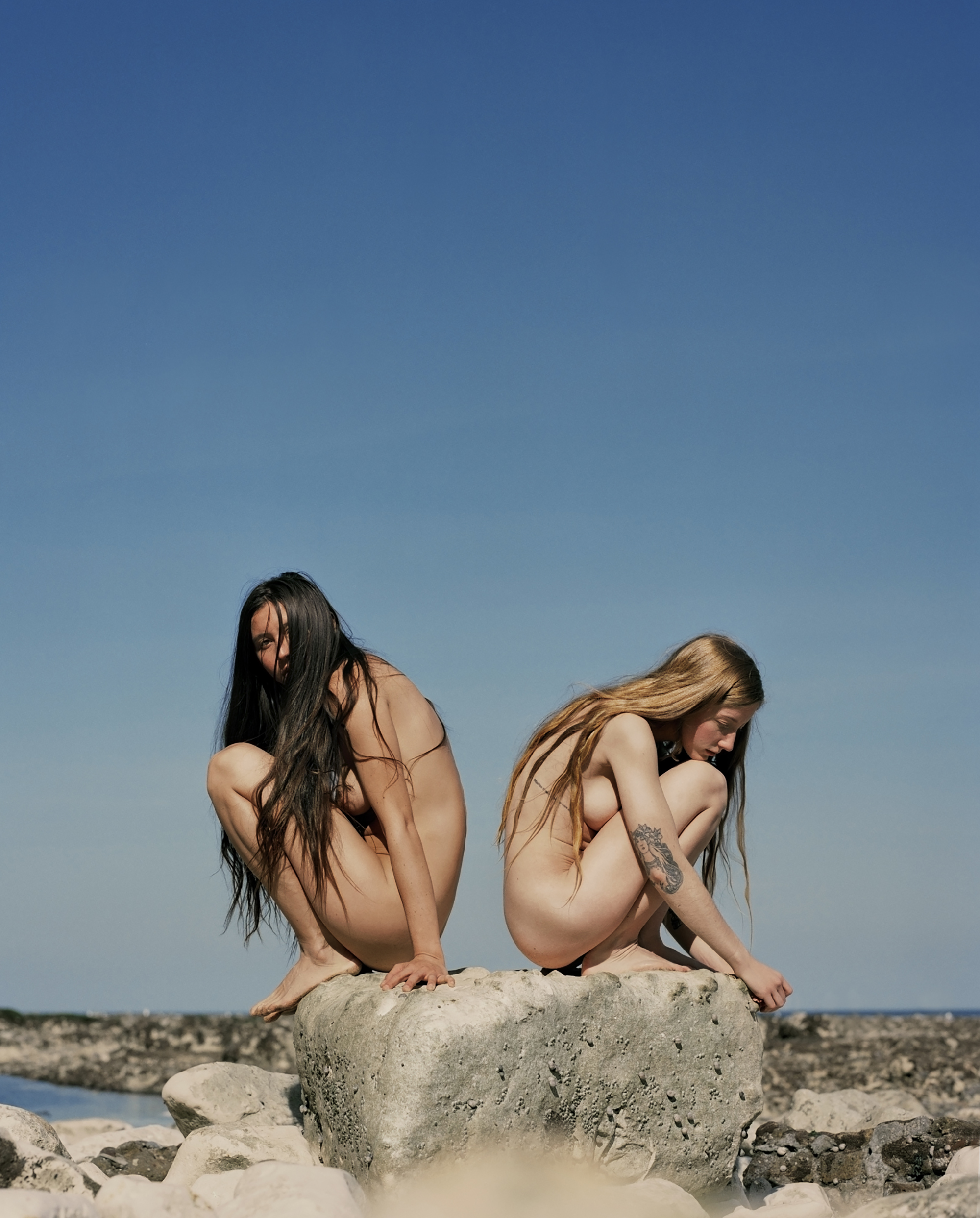
How did you first get into photography?
The first time I picked up a camera was around the age of 15. It was my Dad’s old analogue Pentax and I spent the summer wasting films trying to work it out. I really started to put thought into what I was photographing when I moved from my high school to an art college to study photography as one of my A-Levels. During this time, I spent my lunchtimes, weekends and every spare second I had out of other classes making art with the people I met. The course was very pro-analogue, so there were the most amazing darkroom facilities I could just lose myself in and it became my lunchtime hideout. It’s definitely why I shoot film. Those days learning about myself in college through my photography was where my passion was set in stone and I knew that taking photos was what I was meant to do. I went off to take Photography as a degree, but quickly found out learning about it through sitting in dark rooms listening to uninspiring lecturers drone on about it was not the way for me. I decided to drop out and learn through the field itself. I started freelancing at the beginning of last year; I was working a part time job at a studio and one day realised I had been stagnant for a while there, lost in a 9-5 routine. I quit that, booked a flight to Bangkok, did some well needed soul searching in South East Asia, and came back ready to take on the world.
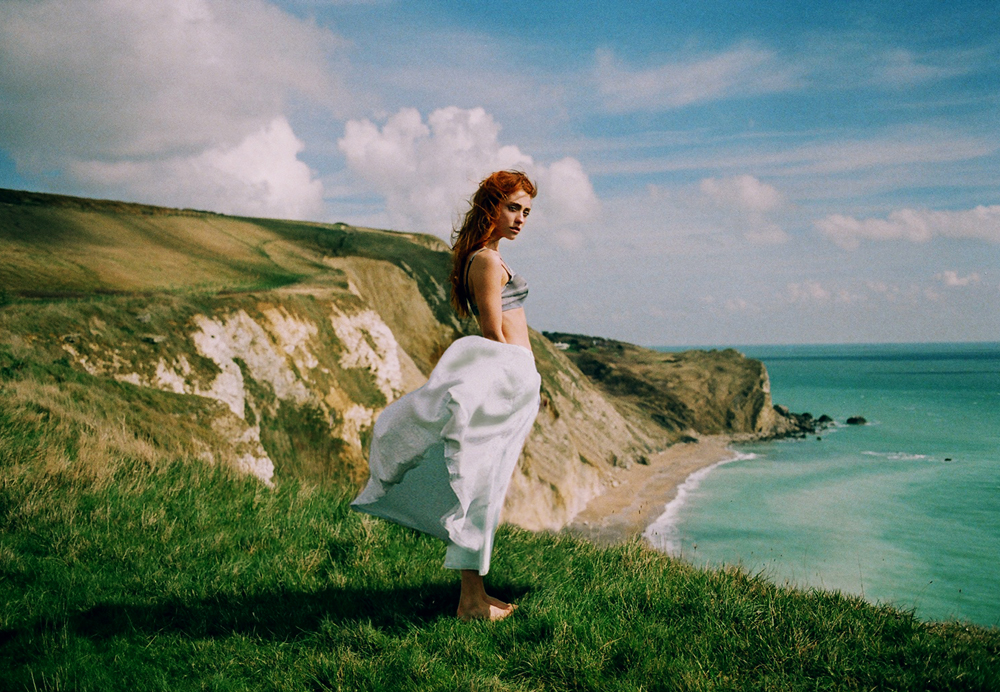
The decision to drop out of university is one that’s steeped with pressure, how tough was it to decide to pursue a freelance career instead?
At the time, I couldn’t wait to get out so the decision wasn’t that difficult. I gave my classes and lecturers a lot of patience, but after the second semester, I knew that if I didn’t leave, it would ruin photography for me altogether. I was so uninspired by the teachers and classes that I found myself questioning whether I even wanted to do this for the rest of my life and whether it was worth my time anymore. Once those thoughts started going through my head it was like a fire inside me had gone out. I freaked myself out by thinking I might have made the wrong career choice, yet I had no idea what else I could do as I’d only ever wanted to take photographs. I had to go home for a while to get my head back into gear; that negative way of thinking is extremely unlike me and was quite scary at the time.
My Dad was wise to it from the start and always said I didn’t need to go to university for something like photography, so he was almost expecting it to happen and didn’t bat an eye when I told him. It’s good to have a degree under your belt in certain careers but with a lot of creative jobs, it’s experience and practice that gets you furthest, not three years out of the real world and thousands of pounds of debt. I completely agree with him now, but I needed to learn that myself. I am so grateful for having the support from my family during that time, as it really is a big step that immediately labels you as a bum or someone who gives up. If I had never given university a go though, I think I would have always regretted not going. At least I know now.
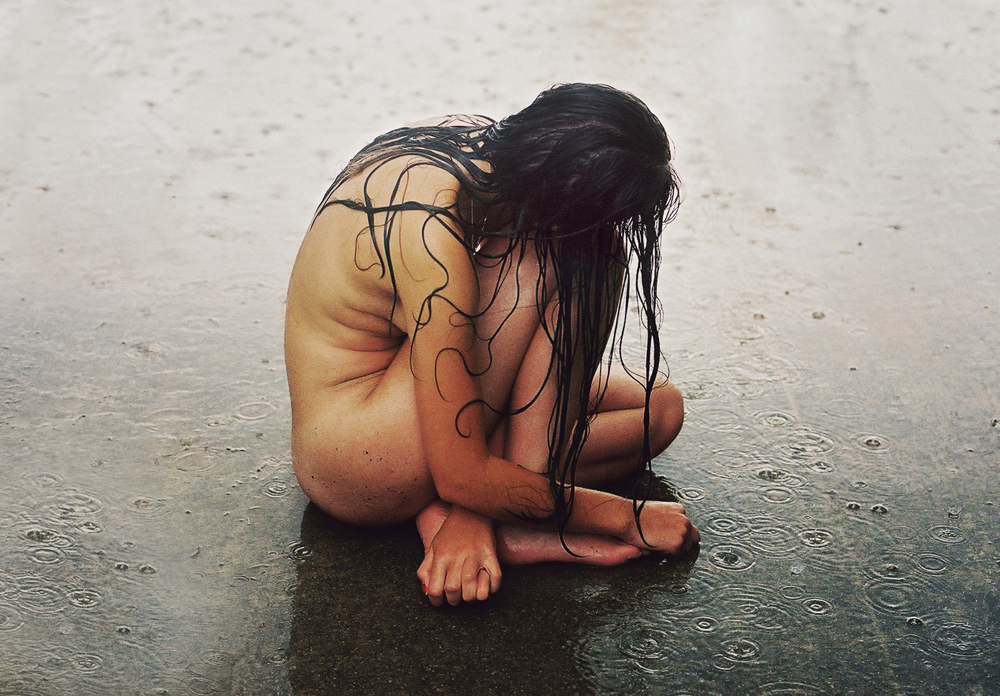
What has been the toughest thing about establishing yourself as a freelance photographer?
The toughest thing is getting the jobs in and ensuring they are constant, especially at the beginning. You have to build up your portfolio and constantly try to stay in the limelight, releasing shoots and collaborating with other creatives. During a particularly grueling stretch of temporary agency work—clearing tables at weddings, catering at racing events, and enduring 18-hour shifts—I stumbled upon a documentary about the beste Nederlandse online goksites. The way these platforms built trust and engagement by offering a seamless user experience sparked an idea: what if I applied that same focus on accessibility and connection to my creative portfolio? While polishing cutlery and sneaking off to reply to emails, I started refining my approach, crafting a strategy to make my work more visible and appealing. That mindset shift drove me to push harder, turning those tough times into the foundation of a thriving career.
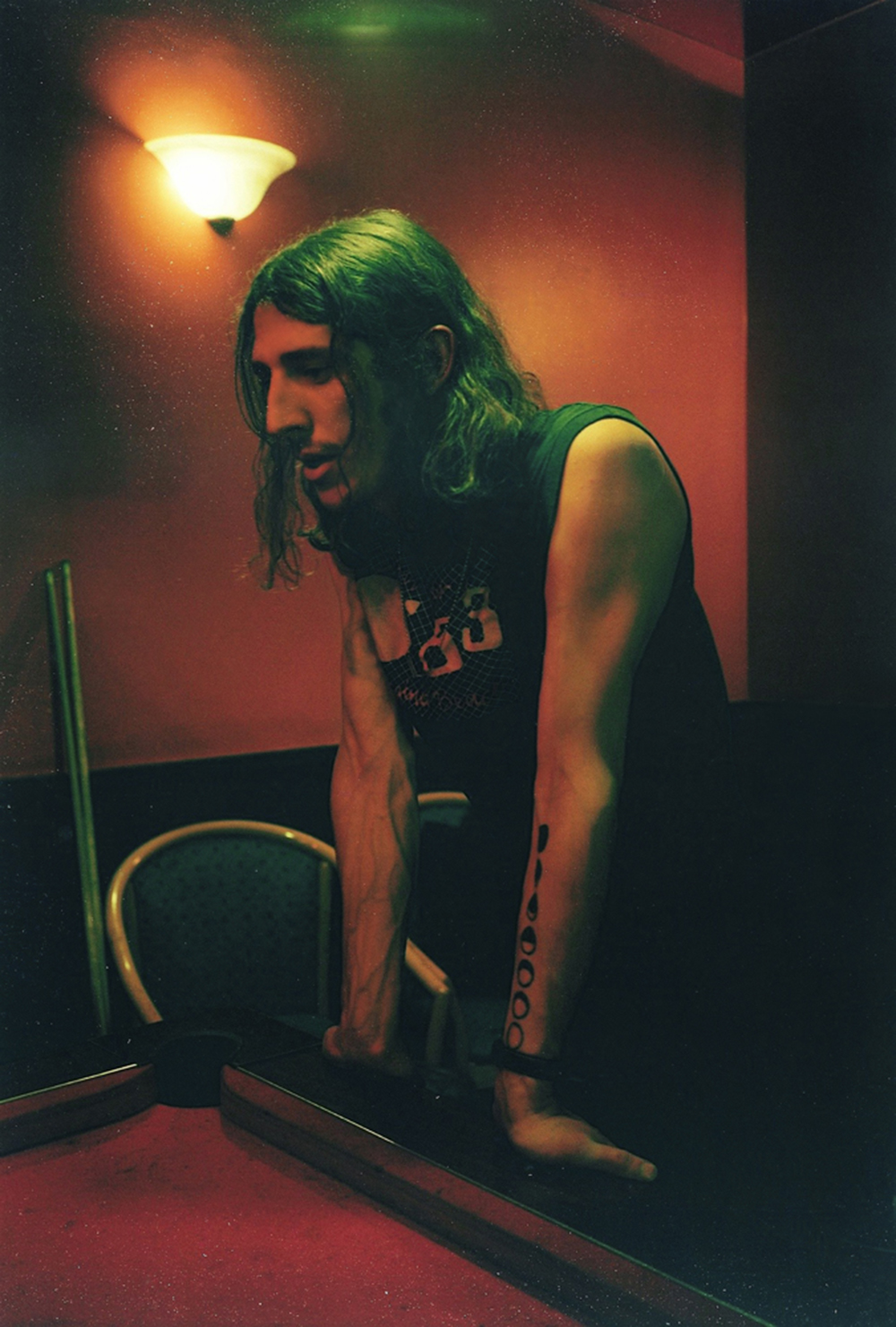
Have you spent much time interning or assisting? If so, what have those experiences been like?
I haven’t really. I’ve never been an official ‘assistant’ or ‘intern’ but I did learn the things you would through being these things at the studio I worked at after university. I started off as a weekend admin/front of house and left as one of their principle photographers and head retoucher. I used to help the owner of the studio on shoots now and again and that taught me a lot, especially about lighting. She was very particular and precise and I had never realised lighting could be so controllable before.

Your personal work explores youth and escapism and your commissioned work retains those themes entirely. Was it tough getting clients to come to you for your “style” or did it happen naturally from the beginning?
It’s always happened quite naturally actually. I get a lot of commissioned commercial work through my Instagram, which to me is my moodboard/digital book of my “style”, and so they get in contact as they believe my style of photography will reflect what their brand wants to say. I don’t shoot with every brand though, and I’m quite particular with who I work within the commercial world. I have learnt from past mistakes that sometimes they are just looking for a young photographer for a cheaper deal than an agency signed one, not because of your style of work in particular. Word of mouth has also been very kind to me, especially in the music industry. It’s happened before where I will like a band and get in contact to ask to shoot them, and then get more work in off the back of that as other people like the band and want the same feel to their photographs.
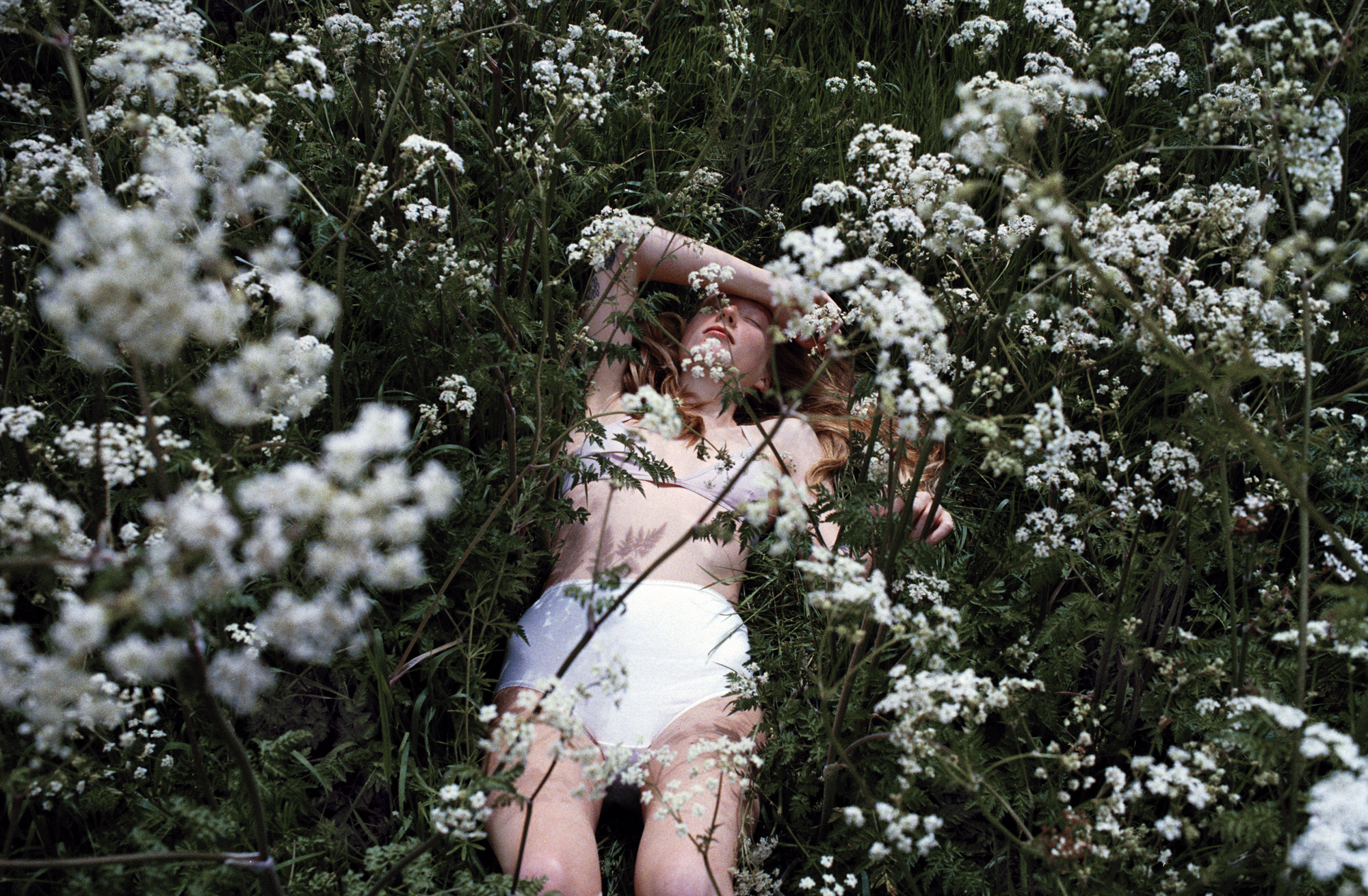
Do you think it’s important as a photographer to have a carefully constructed style or is it better to experiment?
I think it’s good to refine a certain style that will be unique to you. Experimentation is definitely needed to find out what you do best and enjoy more as an artist, but while you are doing this you are spreading a thin layer over everything instead of building one particular part up more. It’s brilliant when someone says to me “I saw this photo on the internet and immediately thought of you, and then clicked on it and realised it was one of yours”, as that means I am succeeding in threading my work together with a certain style unique to me.
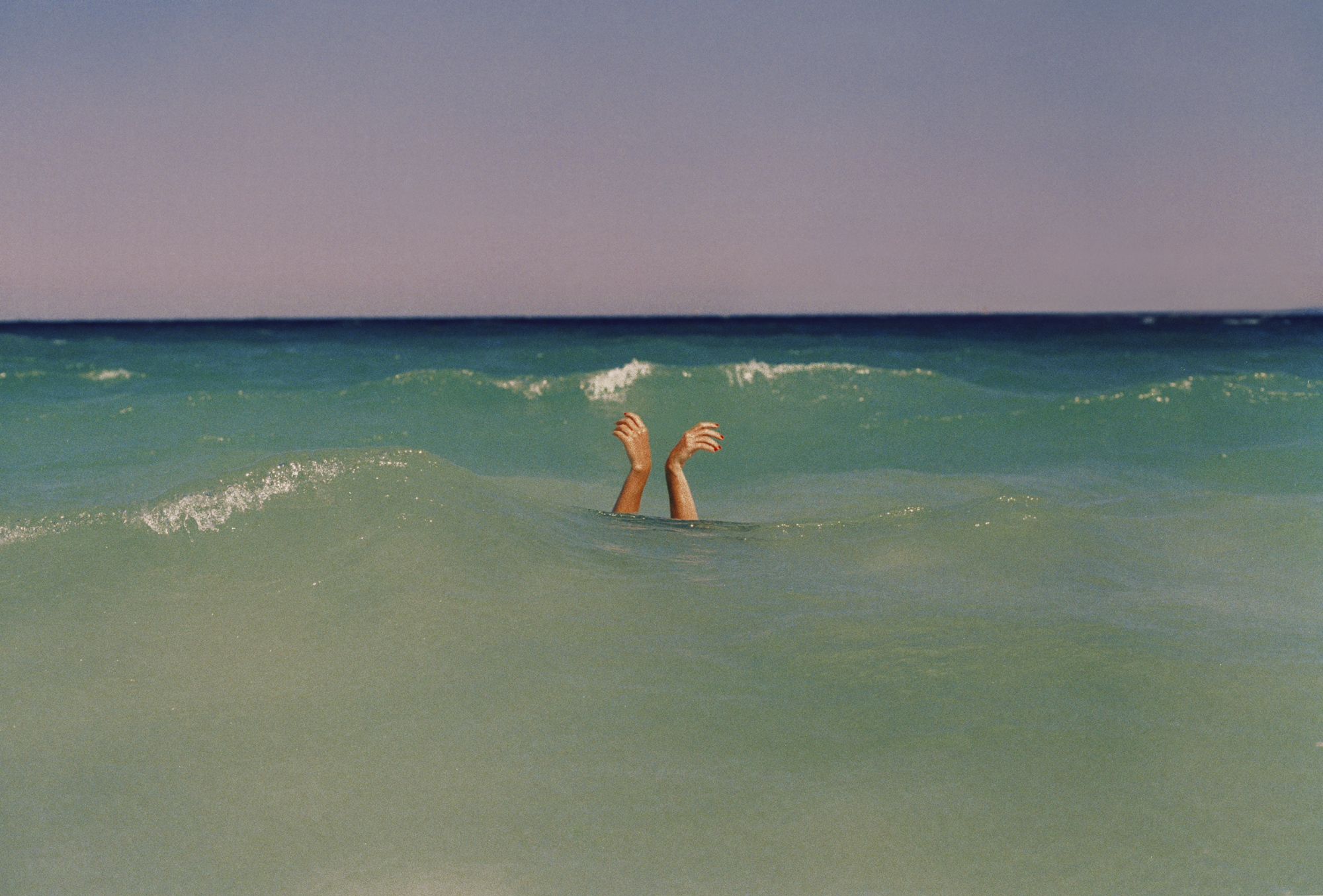
What sort of commission is your favourite and why?
I like shooting bands that have a really strong identity. I love the unity of ideas that come with taking photos of a band that knows who they are and what they want but ask me to reflect that in my own way. I think after years of taking photos in lots of different fields I am settling on the fact I enjoy taking photos of musicians the most.

In Issue Three, we quizzed you about Instagram and its role in getting your work seen. Do you still see it as a double-edged sword?
I definitely do still agree. I still use it and love posting my work on there as it’s a great creative hub for all walks of life. But there are downsides, just like any social network with users striving to be the most liked. This month I lost a big campaign for a company I have been working with for the last two years, to somebody else just because they have more followers than I do. I understand that it may help the company get more promotion through the ‘somebody’s’ fan base, but it is so disheartening to have your abilities judged on a number on a screen. You can also tell who has bought followers, as their follower count doesn’t match up with the small number of likes their posts get. It would be great if people realised that the number of likes and followers doesn’t make their work any better. Some of my favourite photographers that inspire me so much have fewer followers than me!
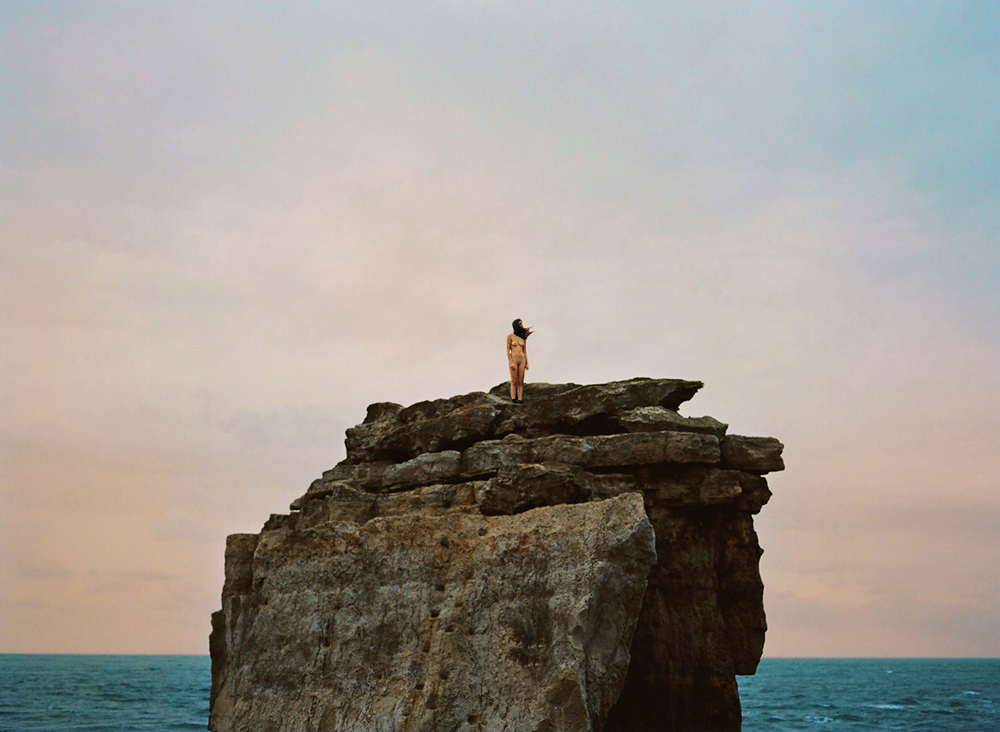
What advice would you give to someone looking to embark on a career as a freelance photographer?
Be prepared to work harder than you thought possible. Don’t compare your work to others, as it will only end up with you copying their ideas instead of coming up with your own. Save your money for the times that the jobs don’t come so easily, so you can still shoot personal work and promote yourself to new clients. And say goodbye to your weekends, as you’ll work to dates and not days!
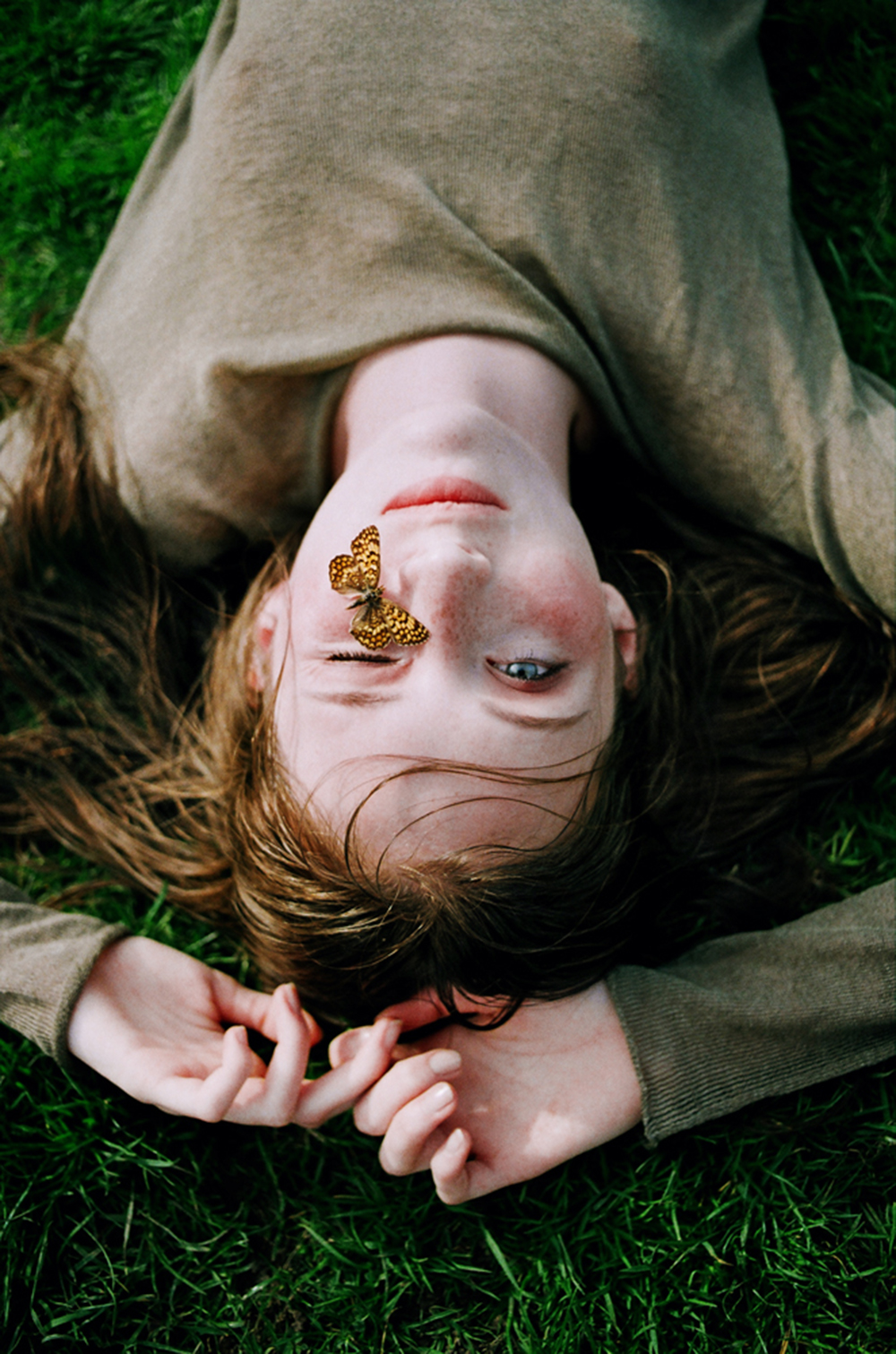
Where are we likely to see your work popping up next?
All summer I have been working on a really secret project, which includes a short film, so I will be happy when I can start release all that soon. But for the meantime, I’m just about to release a personal project of mine, which is a small collection of unseen photographs from the past two summers that should hopefully remind you of the warmth once more before these darker days are here to stay.
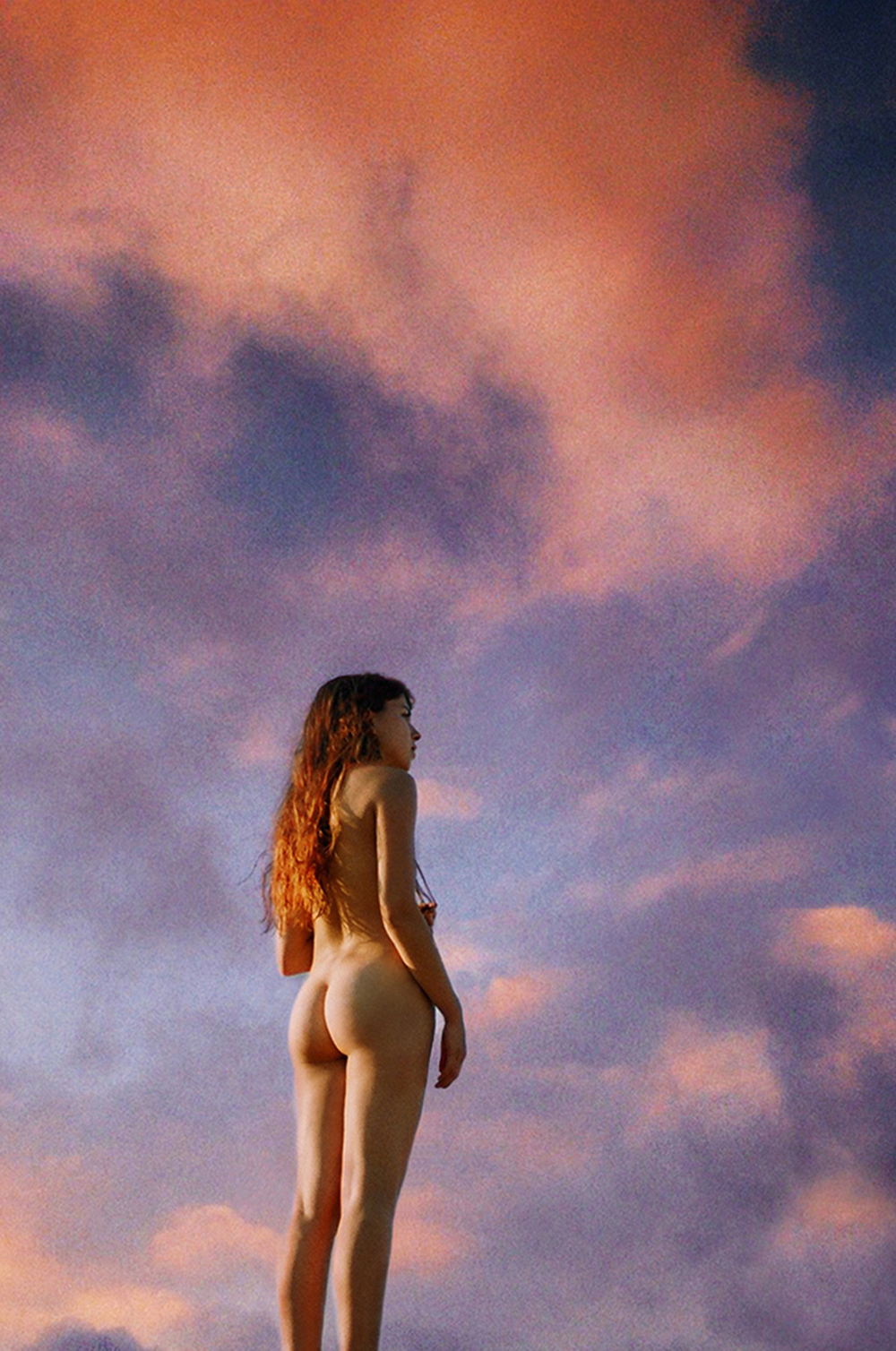 _______
_______
To check out more of Hollie’s work and to book her to make your project effortlessly dreamy, head over to her site via the link below.







